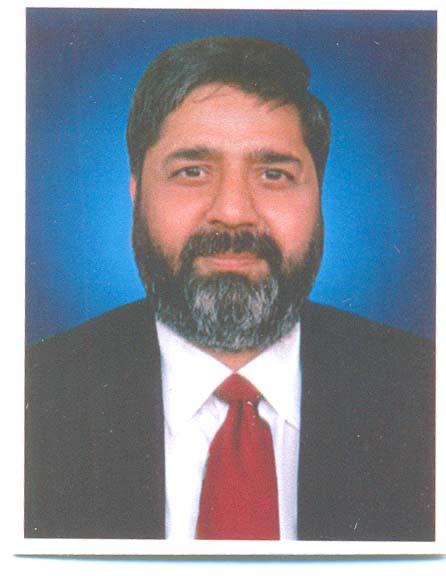
By Arun Joshi
The all-party meet on Kashmir tomorrow is a big event where the clash of idealism versus reality is writ large on its preface. What makes it big is that Prime Minister Narendra Modi is chairing it for the first time since the abrogation of Article 370 that had guaranteed autonomous status to the state of Jammu and Kashmir and entitled its permanent residents to special rights and privileges. That has its own importance but it becomes more important because of the issues involved.
The major issue what benefits the people of J&K the most – the mode of confrontation would result in more friction and the distances would grow. They are looking for benefits, not confrontation, for they are aware that the clashes often result in more problems for them.
Therefore, there should not be an attempt to score brownie points, instead the effort should be to get something for the people in J&K who are suffering from the lack of basic facilities and want their real-time economic and political empowerment as is available to the people in the rest of the country.
By Wednesday evening when Kashmiri leaders left for Delhi for the all-party meet with the Prime Minister, they made it clear as to what they would be talking about. The ears were lent to what the People’s Alliance for Gupkar Declaration or PAGD had to say.
The PAGD leaders Farooq Abdullah, Mehbooba Mufti and others spoke of three points
a) the restoration of Article 370 and Article 35 A and all that was with the state of Jammu and Kashmir until its special status was scrapped on August 5, 2019,
b) release of all prisoners
c ) talk to Pakistan for the overall solution to the Kashmir problem.
This articulation sits at odds with the real sentiment of the people who want economic empowerment and the return of the Assembly with the powers available to the legislatures in other states. They have suffered a lot because of the lockdowns and the resultant economic losses in terms of trade, daily businesses and loss of jobs. That is their biggest worry. The people are more realistic than the leaders. They know what is good for them and what is not.
As of now, they are aware that reintroducing Pakistan in the whole gambit of talks between the erstwhile elected leaders of Kashmir and the Prime Minister is an internal talk about the issues within. They have seen the consequences when the issue was sought to be internationalized because the international powers served their own interests instead of being fair to the people. The international powers have their own agendas. The truism of the situation is that Delhi alone can improve things economically and politically, and it would not come under any pressure. The mention of Pakistan may not lead things to realistic conclusions. Pakistan has been an irritant, and that perception remains unchanged.
Apni Party of Altaf Bukhari has spoken of in realistic terms. They want the statehood to be back with all the powers that are genuine and equal with other states in the country. This idea, also articulated by Congress veteran Ghulam Nabi Azad, one of the 14 invitees, resonates with the people and Delhi may find it acceptable too because it has itself promised it. Apni Party has also dwelt on the issue of the compensation of the economic losses.
The PAGD that could have pursued a realistic path and gained something substantial from the Centre for its people, has unnecessarily provoked the BJP leadership by its utterances and the agenda of asking India to talk to Pakistan and insisting on the restoration of Article 370. The local leadership of the saffron party has devised a counter strategy . It will oppose all such voices at the meeting. BJP’s J&K unit president Ravinder Raina has already made it a point to say that “ Article 370 is dead and buried forever and we will oppose any talk with Pakistan or its agents because Pakistan is the sponsor of terrorism that has killed several thousand people and left many more displaced.”
Looking from this angle, the PAGD has opened chinks in its armooury . . There, however, it is hoped by the people, should not spoil the process. They want this opportunity to be utilized in full. PAGD should be conscious of this.
Arun Joshi is a political and strategic analyst based in Jammu and Kashmir. He writes on Kashmir and South Asian affairs . He has authored four books, including “ Eyewitness Kashmir: Teetering on Nuclear War”. He can be reached at ajoshi57@gmail.com

